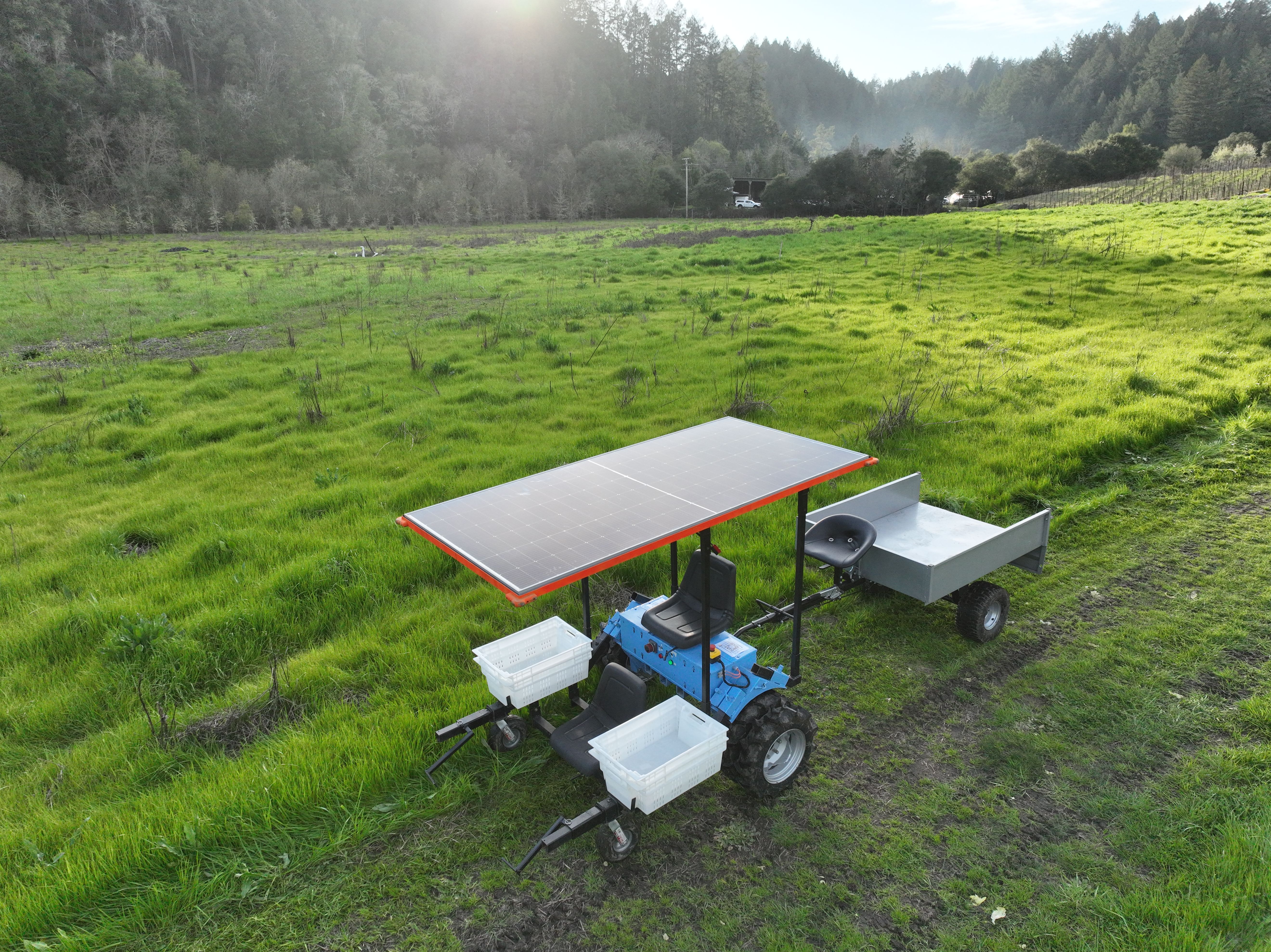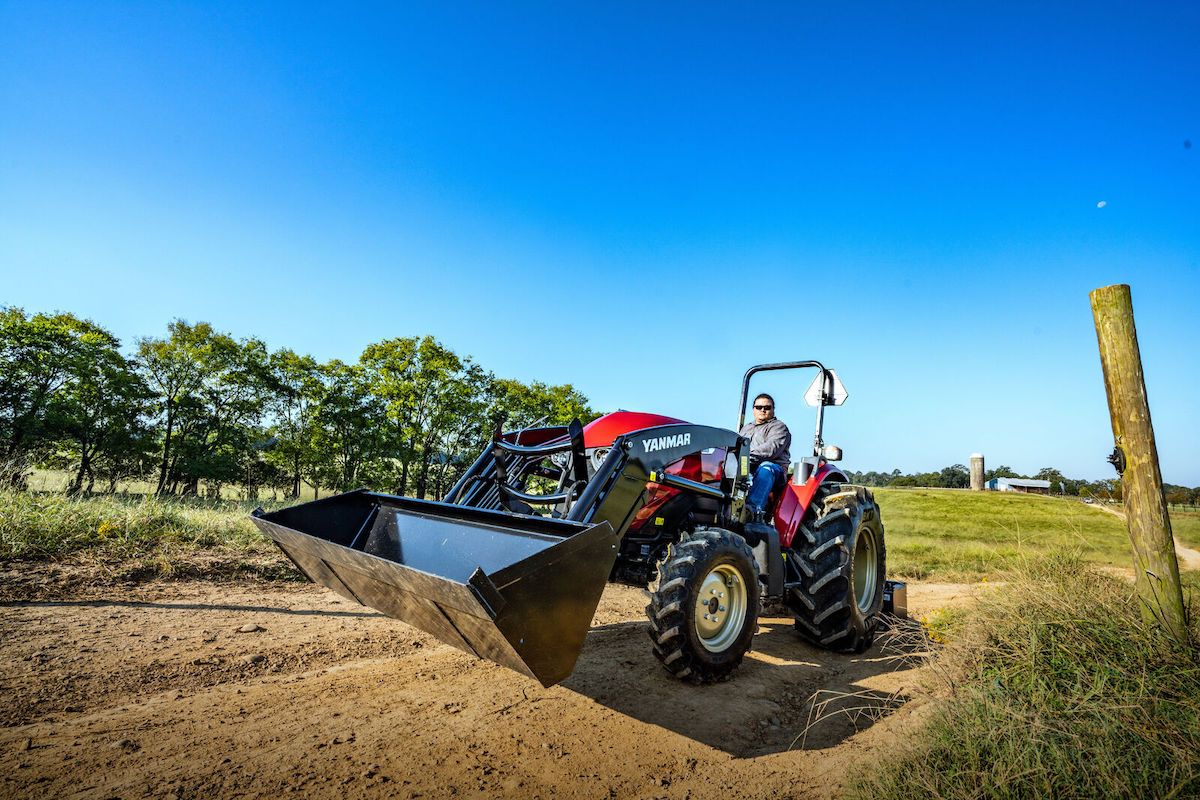Across the world, farming is entering a new era—one where clean energy meets modern technology. Among the biggest innovations reshaping agriculture are electric tractors. Once a futuristic concept, they’re now a real, powerful tool helping farmers cut emissions, reduce fuel costs, and improve efficiency.
With global attention shifting toward sustainable farming, electric tractors represent more than an upgrade in machinery—they symbolize a long-term shift in how food is produced and how farmers interact with the environment.
Let’s explore how these quiet, efficient, and zero-emission machines are transforming farms everywhere.
1. Zero Emissions, Cleaner Air
Traditional diesel tractors release carbon dioxide, nitrogen oxides, and other pollutants that harm the atmosphere and surrounding ecosystems. Electric tractors change that. By running entirely on batteries, they produce zero tailpipe emissions, helping farmers drastically reduce their carbon footprint.
In regions where farms are switching to renewable energy, such as solar or wind power, charging electric tractors from clean sources makes operations nearly carbon-neutral. Over time, that adds up to cleaner air and a healthier environment for rural communities.
2. Lower Operating Costs
One of the most practical reasons farmers are making the switch is simple: cost savings. Electric tractors have fewer moving parts than diesel models, meaning less wear, fewer oil changes, and no need for fuel filters or complex engine repairs.
While the initial purchase price can be higher, ongoing maintenance and fuel expenses drop significantly. As electricity prices remain stable and fuel costs fluctuate, the long-term financial advantages of electric farm equipment become clear.
3. Quieter, Healthier Work Environments
Anyone who’s spent a day in a field with diesel engines knows how loud they can be. Electric tractors, on the other hand, are nearly silent.
This low-noise operation not only makes farms more pleasant places to work but also helps reduce stress for livestock and workers alike. In vineyards, greenhouses, and community farms where noise pollution is a concern, this quieter technology has already proven its worth.
4. Renewable Power Integration
Perhaps the most exciting advantage is the ability to pair these tractors with renewable farming technology. Solar panels installed on barns or nearby fields can charge the tractor batteries, turning sunlight into direct power for fieldwork.
Some farms are even experimenting with micro-grids that store solar energy in battery banks and distribute it across multiple electric vehicles and irrigation systems. This setup keeps operations running independently of external fuel suppliers and fluctuating energy markets.
5. Advanced Precision and Control
Electric tractors aren’t just cleaner, they're smarter. Modern models can come equipped with GPS guidance, autonomous navigation, and precision controls that allow farmers to optimize soil management and crop production.
Because the motors respond instantly to electronic input, they offer finer control at lower speeds—ideal for delicate tasks like seeding, transplanting, or cultivating rows between crops. These advances in modern agriculture innovations help reduce waste, save energy, and increase yields.
6. Reduced Carbon Footprint Across the Supply Chain
Every gallon of diesel avoided helps cut emissions beyond the farm gate. Electric tractors use clean electricity that can often be generated locally, removing the need for long-distance fuel transport.
In addition, many electric models use recyclable battery materials, further reducing their overall environmental impact. As more farms adopt these machines, the collective benefit grows—lower emissions, cleaner production, and a smaller environmental footprint for the food supply chain.
7. A Step Toward a Sustainable Future
The shift toward eco-friendly agriculture isn’t just about environmental responsibility—it’s about economic survival and long-term viability. Governments and agricultural agencies worldwide are offering incentives for adopting renewable technologies, including electric tractors.
Farmers who adopt these innovations early position themselves ahead of future regulations and appeal to environmentally conscious consumers who value sustainable food production.
Electric tractors represent more than machinery—they are a statement of intent. They show that farming can be profitable, productive, and planet-friendly at the same time.
Key Takeaways
- Electric tractors eliminate harmful emissions, reducing pollution and improving air quality.
- Lower maintenance and operating costs make them a smart long-term investment.
- Quiet operation improves comfort and reduces noise stress for workers and animals.
- Renewable charging options (solar, wind) make farms more self-sufficient.
- Smart controls and automation enhance precision and productivity.
- The overall carbon footprint of farming drops dramatically.
The message is clear: electric tractors are not just an upgrade—they’re the foundation of clean energy farming.
Pro Tip
If you’re considering your first electric tractor, look for models with solar charging compatibility, durable lithium-ion batteries, and support for precision farming systems. Companies like Renewables.com are making this transition easier with advanced, field-tested models designed for every type of operation—from small farms to large-scale agricultural enterprises.
Conclusion
Electric tractors are more than a technological shift—they’re an agricultural revolution. They combine sustainability with performance, allowing farmers to do more with less impact. As the technology matures, costs will fall, charging will become faster, and adoption will accelerate.
For forward-thinking farmers, embracing electric tractors means taking part in a cleaner, smarter, and more sustainable future for farming.



